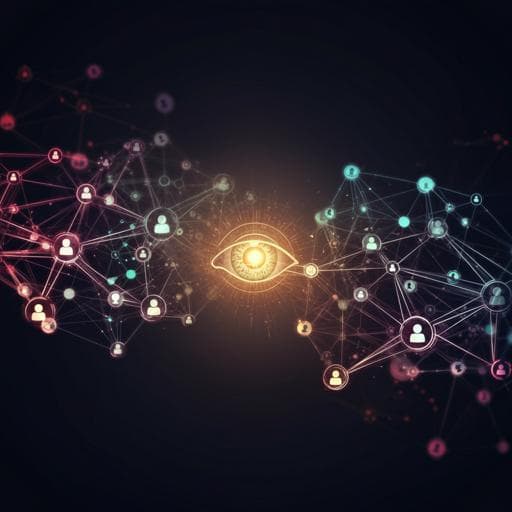
Psychology
Distinct neural mechanisms of social orienting and mentalizing revealed by independent measures of neural and eye movement typicality
M. Ramot, C. Walsh, et al.
Explore the fascinating findings of this study conducted by Michal Ramot, Catherine Walsh, Gabrielle Elise Reimann, and Alex Martin, as they delve into the distinct yet overlapping neural systems that underpin social orienting and mentalizing in both typically developing and autistic individuals. Discover how eye movement and neural typicality measures reveal the intricate workings of the 'social brain.'
Related Publications
Explore these studies to deepen your understanding of the subject.







